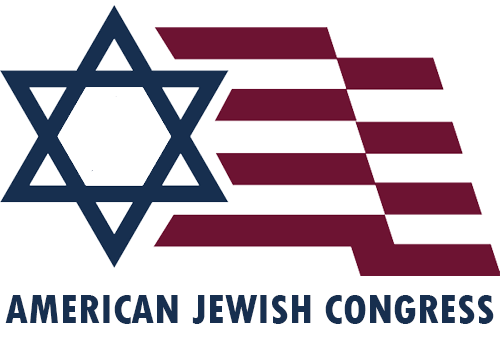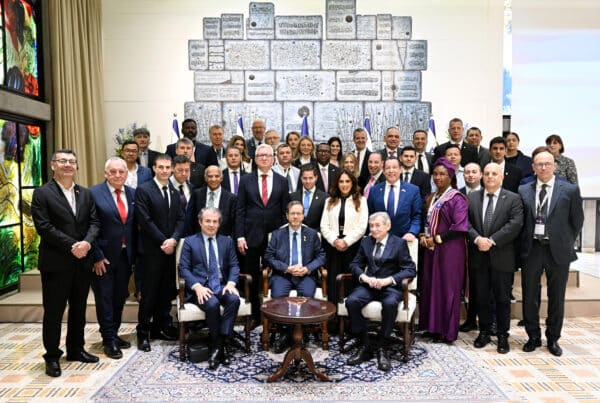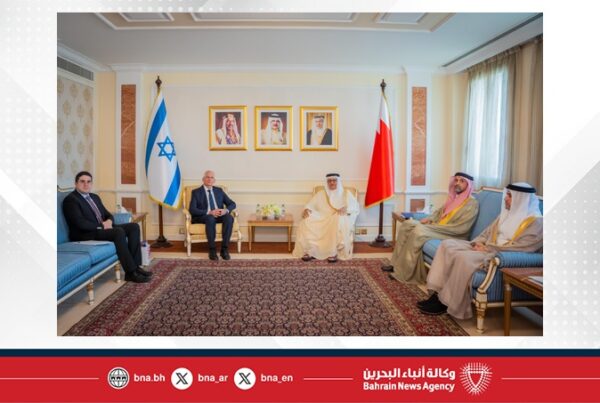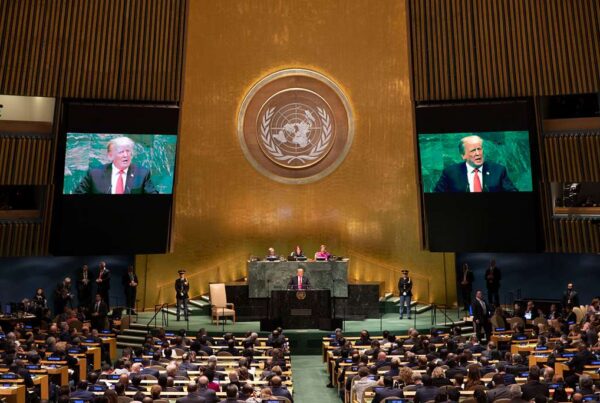After progress in Rome over the last weekend, the U.S. and Iran have agreed to a third round of nuclear talks set for Saturday in Oman. A separate technical meeting originally scheduled for Wednesday has now been postponed to Saturday, just ahead of the high-level talks.
President Trump and Israeli Prime Minister Netanyahu spoke on Tuesday, signaling close coordination, while the U.N. nuclear watchdog is working closely with the U.S. Special Envoy Steve Witkoff on Iran.
Tehran continues to walk a tightrope: courting the U.S. with economic incentives, while signaling to neighbors it is not negotiating out of weakness.
Here’s what’s unfolding.
What’s Next: Technical and Diplomatic Talks Set for Saturday
- U.S. and Iranian technical experts will now meet Saturday in Oman, after both sides agreed to delay the original Wednesday session.
- These discussions will focus on shaping the technical framework of a potential nuclear agreement.
- The delay suggests both sides are still working through key internal calculations, but a third round of high-level talks remains on track for Saturday.
Where the Parties Stand
United States
- The Trump Administration surprised the Iranians on Wednesday by announcing new sanctions targeting Iran’s oil sector. A shaken Iranian foreign ministry said the move betrays lack of goodwill.
- President Trump continues to call for the complete dismantlement of Iran’s nuclear program.
- Special Envoy Steve Witkoff is exploring options focused on rigorous verification and phased trust-building.
Iran
- The Iranian foreign minister has dangled “trillion-dollar” opportunities for American companies in Iran, trying hard to lock a deal to lift sanctions.
- Iran is desperate for sanctions relief to save the regime from an economic collapse and is using its nuclear program as a bargaining chip. It has signaled that its ballistic missile program is off-limits. Parts of that program have proliferated to its proxies in Yemen and Lebanon and used in some form in Ukraine.
- Tehran’s priorities: the regime’s economic survival and staving off a potential American-Israeli military action.
- Ali Shamkhani, a key aide to regime supreme leader Khamenei, took to X.com over the weekend to tweet in Hebrew and English. More interesting was his messaging: We are in Rome for talks but are not weak.
- Tehran accuses Israel of trying to sabotage the talks. Far from the Iranian characterization, President Trump confirmed yesterday that the American and Israeli positions are in harmony. “We are on the same side of every issue,” the President said.
- Iranian foreign minister Abbas Araghchi visited China. The talks with the U.S., he said, are going well but that it is early to speculate how they would conclude.
- Interestingly, Iran has agreed to allow a team of UN nuclear regulators to discuss restoring camera surveillance at its nuclear sites, as information emerged that Tehran is fortifying security around its nuclear sites.
Omani Mediation
- Oman’s foreign ministry outlined the goal of the talks as an attempt to achieve “a fair, enduring and binding deal which will ensure Iran completely free of nuclear weapons and sanctions, and maintaining its ability to develop peaceful nuclear energy,” the Omani foreign ministry said in a statement after last Saturday’s talks in Rome.
Regional and Political Reactions
Israel
- There is a deep skepticism in Israel about Iran’s intentions. Prime Minister Netanyahu demands full nuclear dismantlement.
- In his latest remark, Prime Minister Netanyahu said the main lesson of the Holocaust is to fight fanatical regimes that threaten the whole world. He spoke at the official ceremony for Holocaust Remembrance Day at Yad Vashem on Wednesday.
- Newsweek reported on Monday that Israel is mulling a limited strike on Iran “in coming months.”
- The Israeli Air Force has conducted extensive drills simulating missile and drone attacks on its own bases, a response to a possible Iranian attack (Iran mounted two large-scale attacks on Israel in 2024).
Inside the U.S.
- Officials inside the Administration are divided. Some support the current diplomatic path; others argue that the U.S. should prepare military options as backup.
- The President is clear in pursuing talks for now and test Iranian willingness to settle.
- A quick deal may not be possible because of big gaps in intelligence on Iran’s nuclear program, the Wall Street Journal revealed in an exclusive report. And let’s not forget that Iran also has a well-documented history of lying about its nuclear program.
Global Moves
- Russia is positioning itself to manage Iran’s uranium stockpile under a potential agreement.
- Iran is approaching China for diplomatic support.
- There is chatter that Iran might be trying to explore whether Moscow and Beijing could step in to secure Iranian nuclear reactors as part of a wider deal with Washington.
Why This Matters
- These talks are a matter of peace and war for Iran, and a question of the survival of the regime in Tehran.
- The October 2025 deadline for snapback sanctions under the JCPOA adds urgency.
- A framework deal could reshape the Middle East, while failure could trigger escalation.
Recommended Reading
- “Iran, US task experts with framework for a nuclear deal after ‘progress’ in talks” Parisa Hafezi, Reuters – Solid summary of where the talks stand and what’s coming next. Read here
- “Moscow may gain key role in Iran nuclear deal as US talks progress”
Patrick Wintour, The Guardian – Insight into Russia’s emerging role as a potential deal enforcer. Read here





